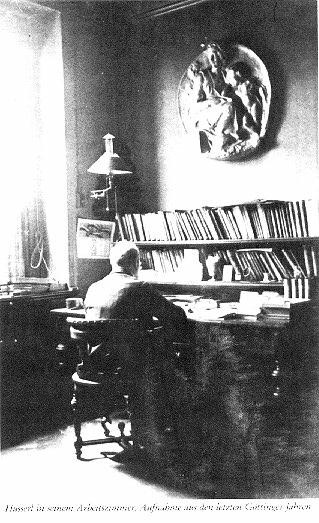from Analecta Husserliana
Logos of Phenomenology and Phenomenology of the Logos
book:
12345vol.1:
During its century-long unfolding, spreading in numerous directions, Husserlian phenomenology while loosening inner articulations, has nevertheless maintained a somewhat consistent profile. As we see in this collection, the numerous conceptions and theories advanced in the various phases of reinterpretations have remained identifiable with phenomenology.
What conveys this consistency in virtue of which innumerable types of inquiry-scientific, social, artistic, literary may consider themselves phenomenological?
Is it not the quintessence of the phenomenological quest, namely our seeking to reach the very foundations of reality at all its constitutive levels by pursuing its logos? Inquiring into the logos of the phenomenological quest we discover, indeed, all the main constitutive spheres of reality and of the human subject involved in it, and concurrently, the logos itself comes to light in the radiation of its force (Tymieniecka).
Papers by:
Kristana Arp, Gary Backhaus, Mafalda Blanc, Piotr Blaszczyk, Manuel Bremer, Jonathan Lahey Dronsfield, Peter Abumhenre Egbe, Jesus Adrian Escudero, Wayne Froman, Jorge Garcia-Gomez, David Grunberg, Dasuke Kamei, Arion Kelkel, Filip Kolen, Tze-wan Kwan, Leonard Lawlor, Grahame Lock, Nancy Mardas, Nikolay Milkov, Cezary J. Olbromski, Helena De Preester, Anna-Teresa Tymieniecka, Gertrudis Van de Vijver, Luca Vanzago, Anatoly Zotov.
totally 2000pages or something like that whohahaha wonder-full!!!













